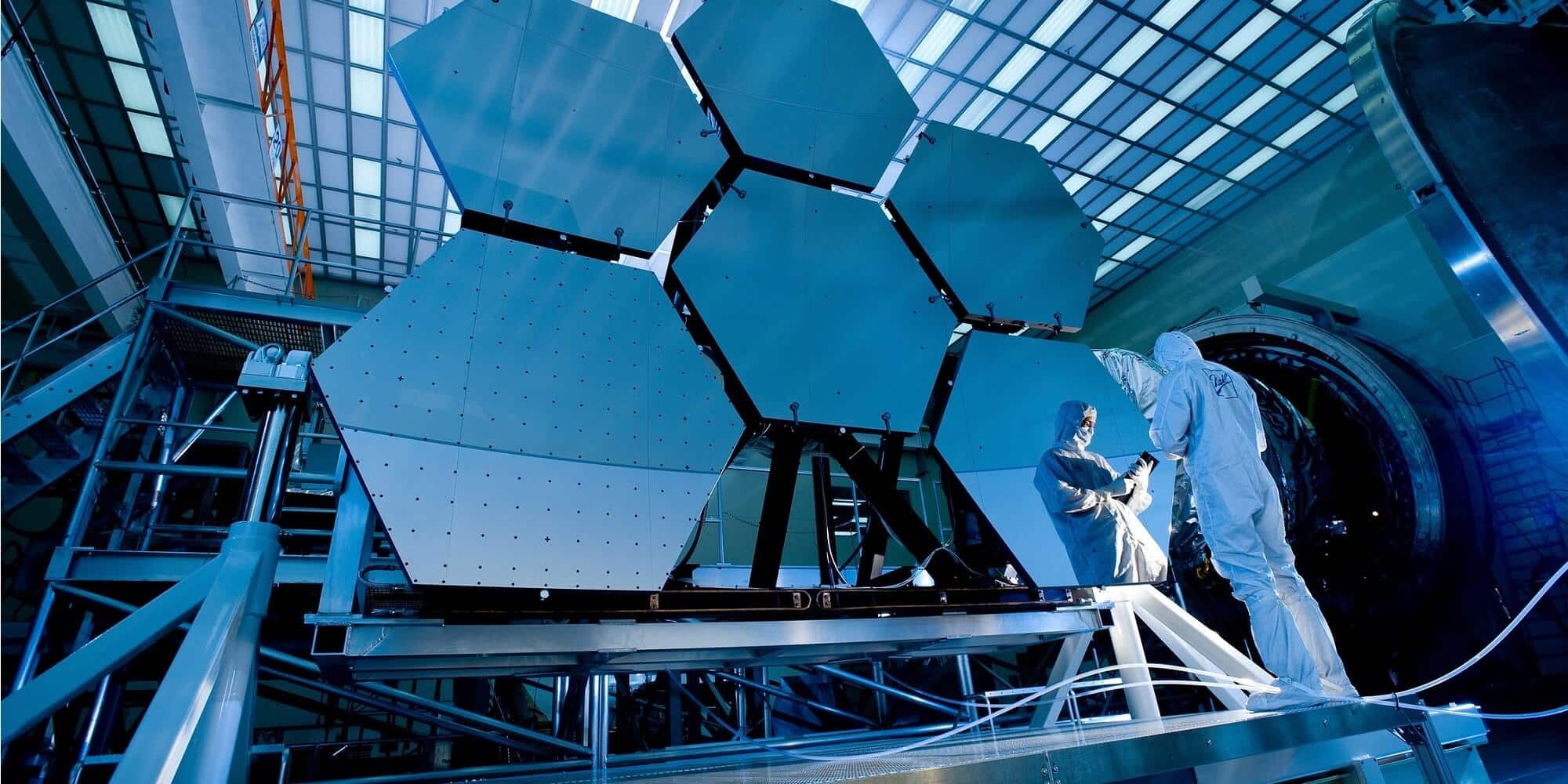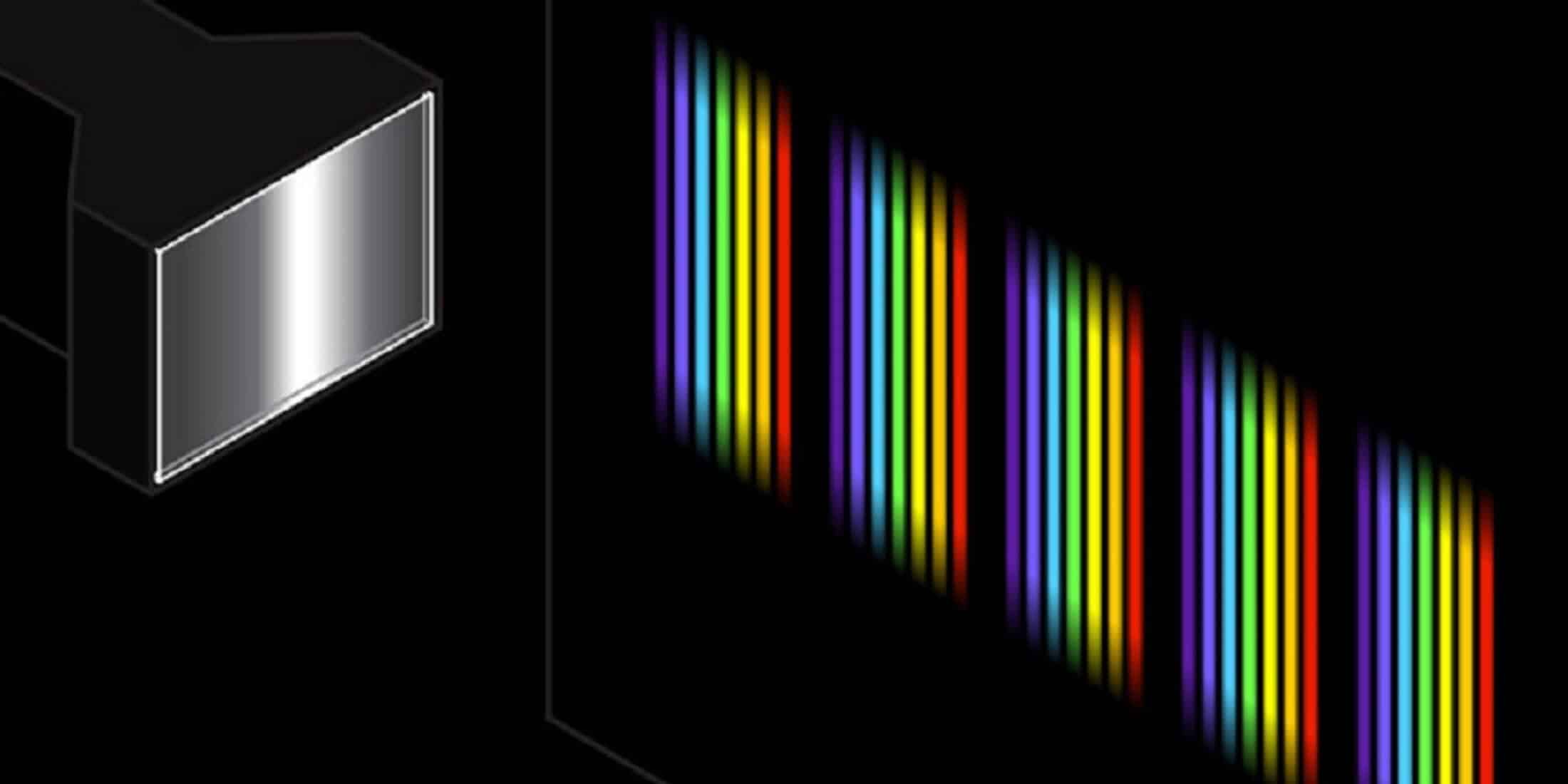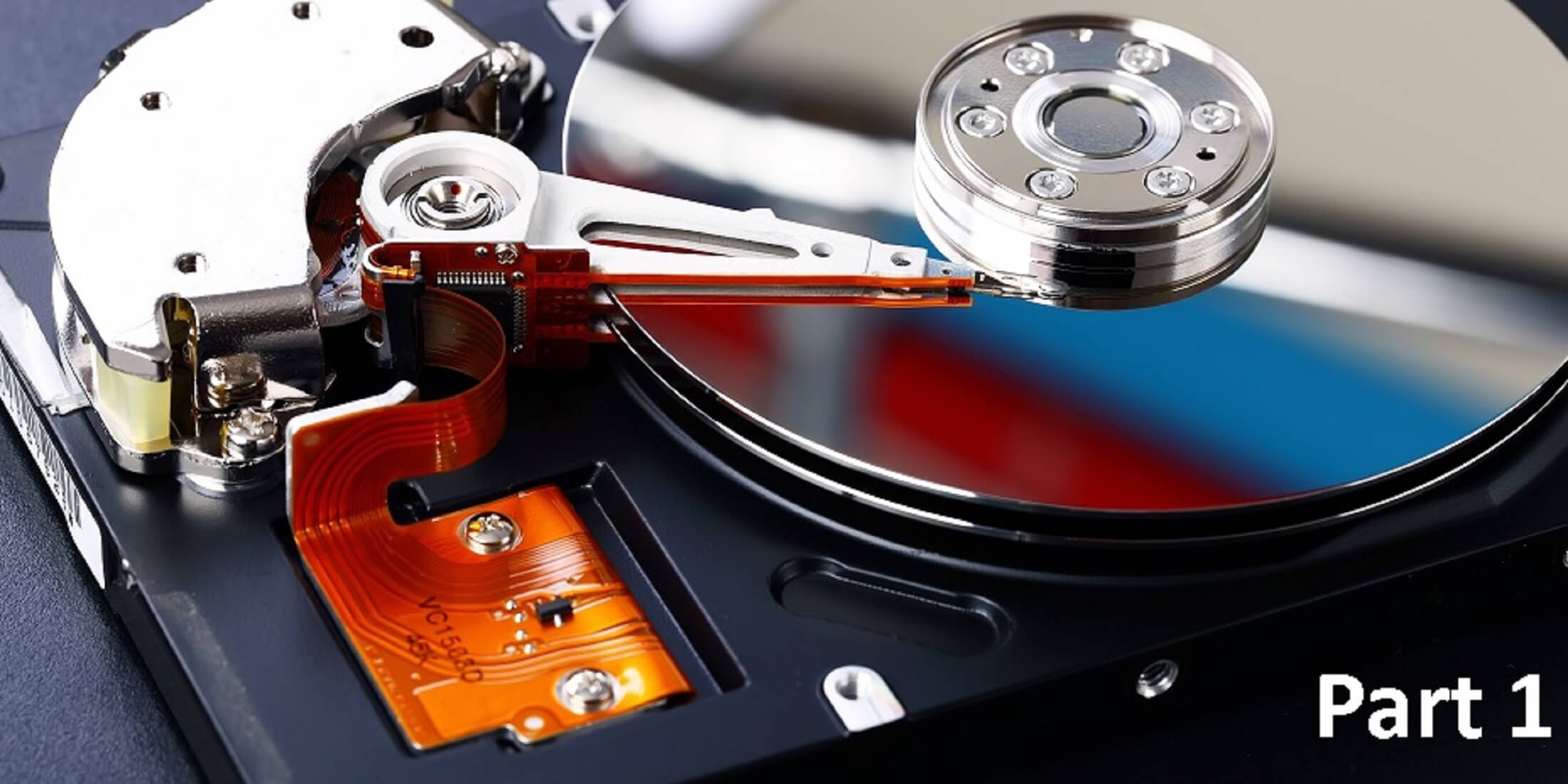Lectures, demonstrations, hands-on sessions, tour, home assignments. Course material: course notes, book. Award: certificate in case home work results are sufficient.
People who don't have to design (specify, test, ...) optical systems but are working in projects with optics together with optical designers and want to know more about optical principles, will benefit from this application-oriented course. By learning the ‘optical language’ and understanding the principles of optical systems, non-optical engineers are able to collaborate more effectively with their optical expert team members. This makes the whole system engineering team more successful.
This training is available for open enrollment as well as for in-company sessions. For in-company sessions, the Applied optics training can be adapted to your situation and special needs.
Objective
After having attended the course, the participant:
- knows the ‘optical language’,
- understands the basic principles of optical systems: light, rays, waves, reflection, transmission, refraction, diffraction, scattering, absorption, polarization,
- knows how various optical systems work (magnifying glass, telescope, microscope, spectrometer, interferometer),
- knows the basics of various light sources and detectors, and of illumination and detection.
- knows various optical test and measurement methods,
- knows how optics play a role in lithography,
- is able to collaborate more effectively with the optical expert team members in an optical design project.
Target audience
This course is intended for people with a non-optical background (e.g. electronics, mechanics, chemistry), who work in projects with optics and want to increase their level of understanding of optical principles and applications. Technical college/university level.
Program
- An introduction to light;
- Electromagnetic waves;
- Geometrical optics and ray tracing;
- Optical aberrations and system design;
- Diffraction;
- Interference;
- Polarisation and Birefringence;
- Optical systems;
- Light-matter interaction;
- Light sources and detectors;
- Tour to a small design and manufacturing company of mechanical and optical components during this Eindhoven edition;
- Optical measurement and testing;
- Illumination for optical inspection;
- Optical lithography (2 lessons).
The lessons include many demonstrations and are intermixed with hands-on sessions, as:
- Determination of refractive index of perspex and water using critical angle and Brewster angle;
- Total internal reflection;
- Gaussian imaging optics;
- Optical aberrations;
- Laser beam diffraction and interference;
- The diffraction grating;
- Polarisation;
- Measuring optical activity of sugar solution;
- The spectrometer;
- Spectroscopy.
The 5 hands-on sessions take 4 hours, the other sessions take 3 hours.
Study load excluding the class sessions: 3 hours a week.
Methods
Certification
This course is certified by the European society for precision engineering & nanotechnology (euspen) and the Dutch Society for Precision Engineering (DSPE) and leads to the ECP2-certificate in case homework results are sufficient.

More information
Remarks from participants






